Summaries of books about Political Theory:
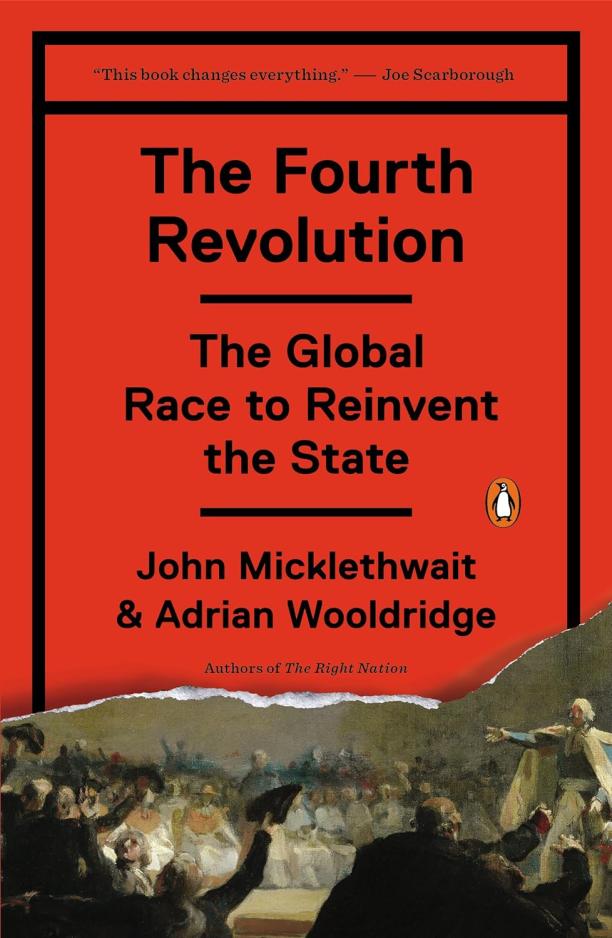
The Fourth Revolution
The Global Race to Reinvent the State
John Micklethwait|Adrian Wooldridge
The book explores the evolution of the modern state through four distinct revolutions and argues that we are on the cusp of a fourth revolution driven by technological advancements and global challenges. It examines how governments around the world are struggling to adapt to these changes and the potential paths they might take to become more efficient and responsive to citizens' needs.
See full summary
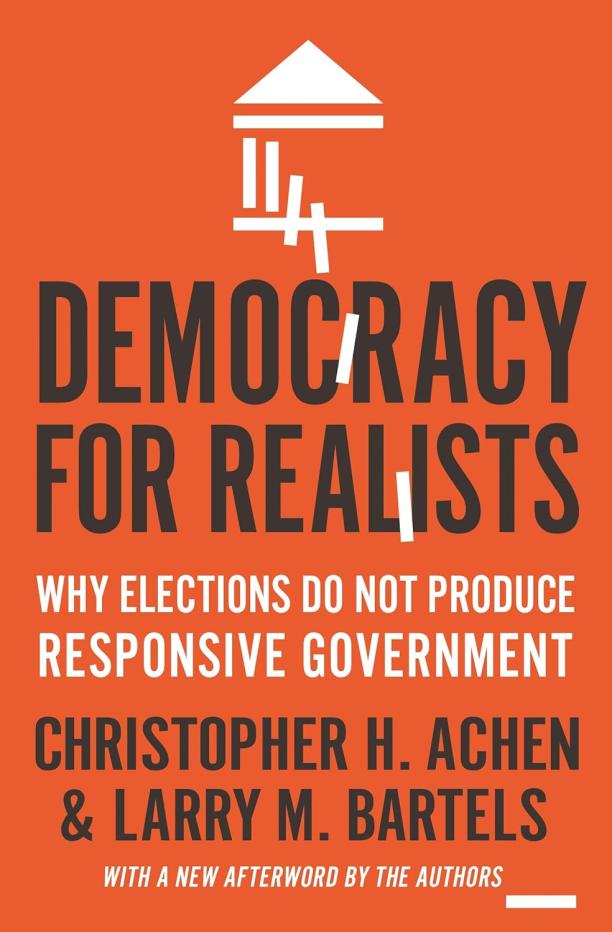
Democracy for Realists
Why Elections Do Not Produce Responsive Government
Christopher H. Achen|Larry M. Bartels
The book challenges the conventional wisdom of democratic theory, arguing that voters are not rational actors who choose candidates based on policy preferences, but rather are influenced by social identities and partisan loyalties. It presents evidence that elections often reflect the performance of the economy and current events rather than a thoughtful assessment of candidates and their platforms.
See full summary
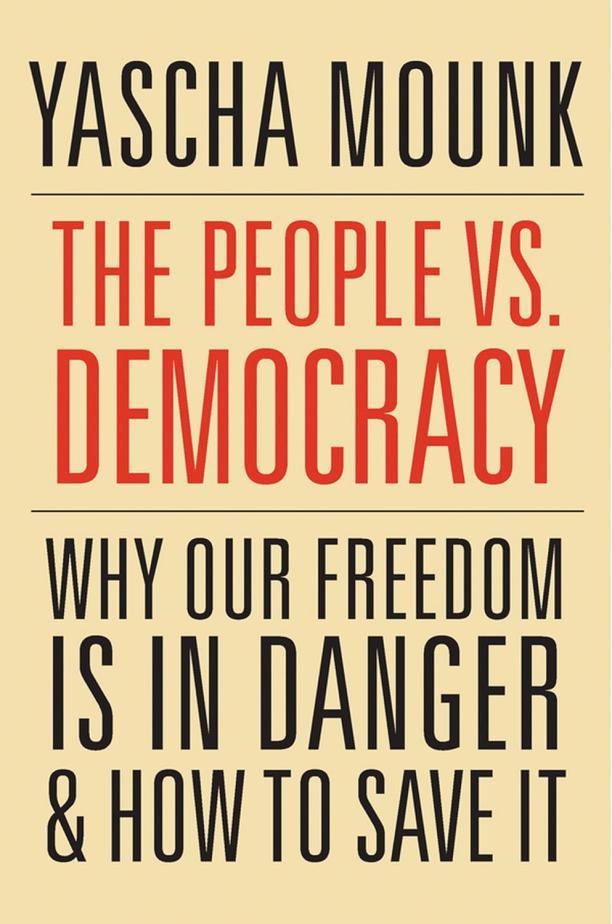
The People vs. Democracy
Why Our Freedom Is in Danger and How to Save It
Yascha Mounk
The book explores the growing tension between liberal democracy and the rise of authoritarian populism, examining how this conflict threatens individual freedoms and the democratic process. It offers insights into the causes of this political shift and proposes solutions to restore and protect democratic values in societies around the world.
See full summary
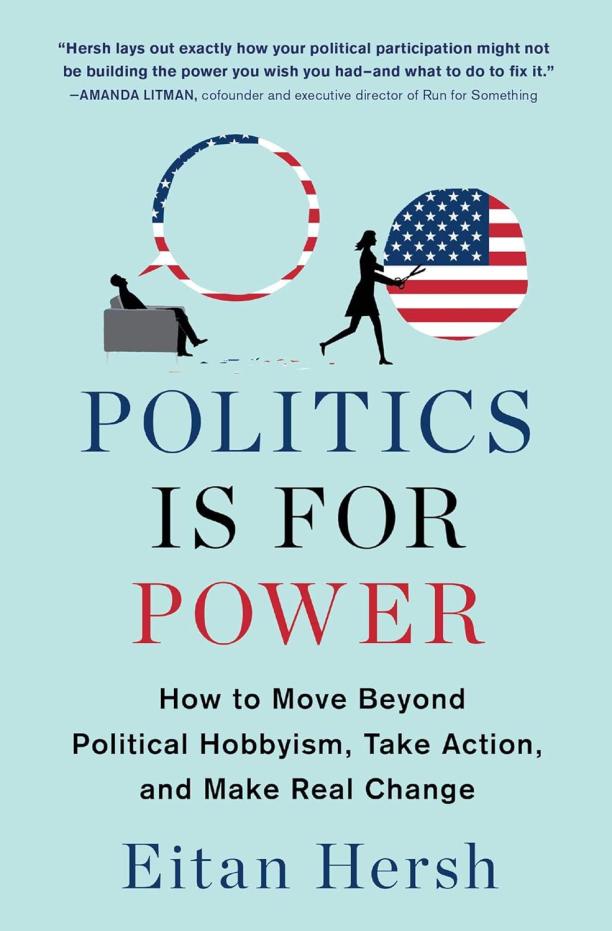
Politics Is for Power
How to Move Beyond Political Hobbyism, Take Action, and Make Real Change
Eitan Hersh
The book critiques the trend of treating politics like a sport or hobby, where individuals consume news and debate online without engaging in real activism or community organizing. It argues for a more impactful approach to politics, urging readers to invest time and effort into local political action and grassroots movements to effect tangible change.
See full summary
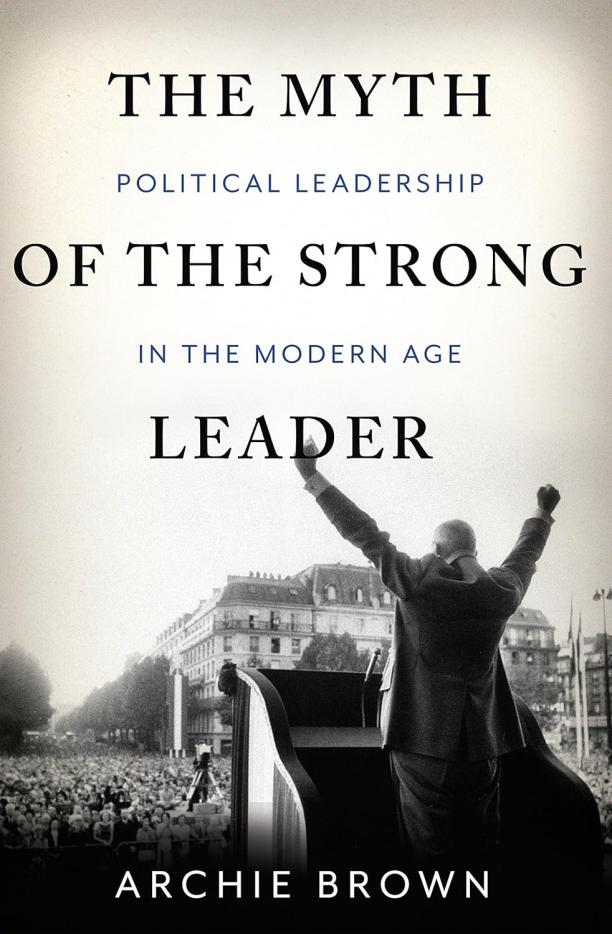
The Myth of the Strong Leader
Political Leadership in the Modern Age
Archie Brown
The book critically examines the idea that the most effective political leaders are those who dominate their governments, arguing instead for the merits of leaders who collaborate, delegate, and negotiate. It explores a range of political contexts and historical examples to challenge the valorization of "strong" leadership and to advocate for a more nuanced understanding of political power and success.
See full summary
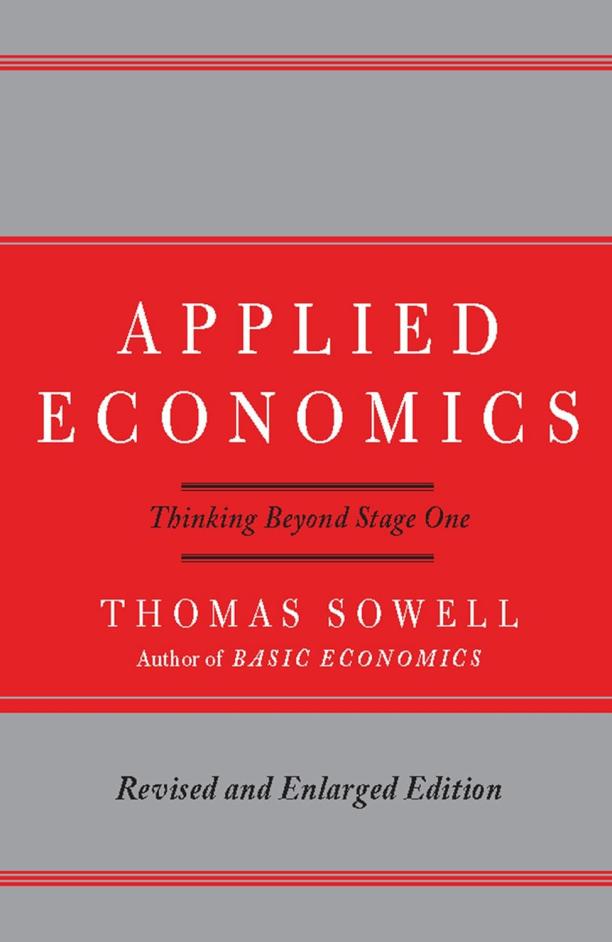
Applied Economics
Thinking Beyond Stage One
Thomas Sowell
The book examines the long-term consequences of economic policies and decisions, critiquing the lack of consideration for secondary effects in public policy. It uses empirical evidence and straightforward analysis to explore various economic issues, including healthcare, housing, and discrimination, challenging readers to think beyond immediate impacts.
See full summary
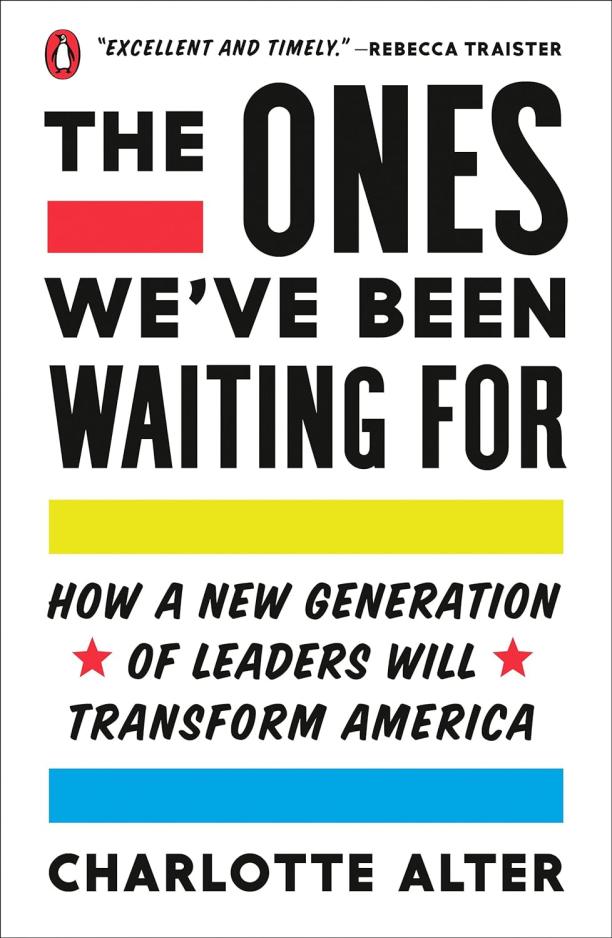
The Ones We've Been Waiting For
How a New Generation of Leaders Will Transform America
Charlotte Alter
The book examines the rise of a new generation of millennial leaders in American politics, exploring their backgrounds, values, and how they are reshaping the political landscape. It provides insights into the diverse and transformative ideas and approaches these young politicians bring to the table, signaling a significant shift in the country's governance and ideological direction.
See full summary
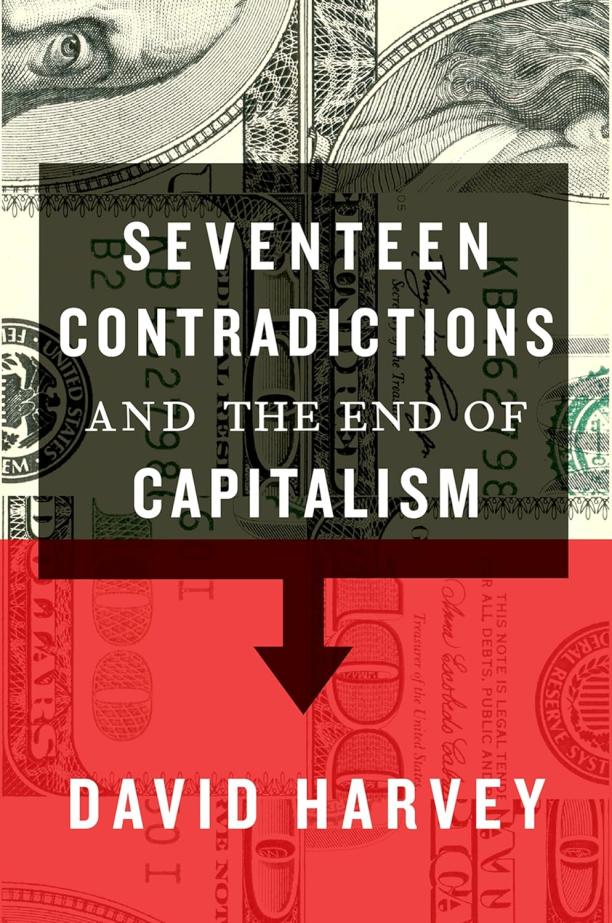
Seventeen Contradictions and the End of Capitalism
David Harvey
The book critically examines the internal contradictions within the capitalist system, identifying seventeen key paradoxes that range from the production of value to the nature of freedom in a neoliberal context. It argues that these inherent conflicts are leading to increasing instability and crises, suggesting that the resolution of these contradictions could signal the end of capitalism as we know it.
See full summary
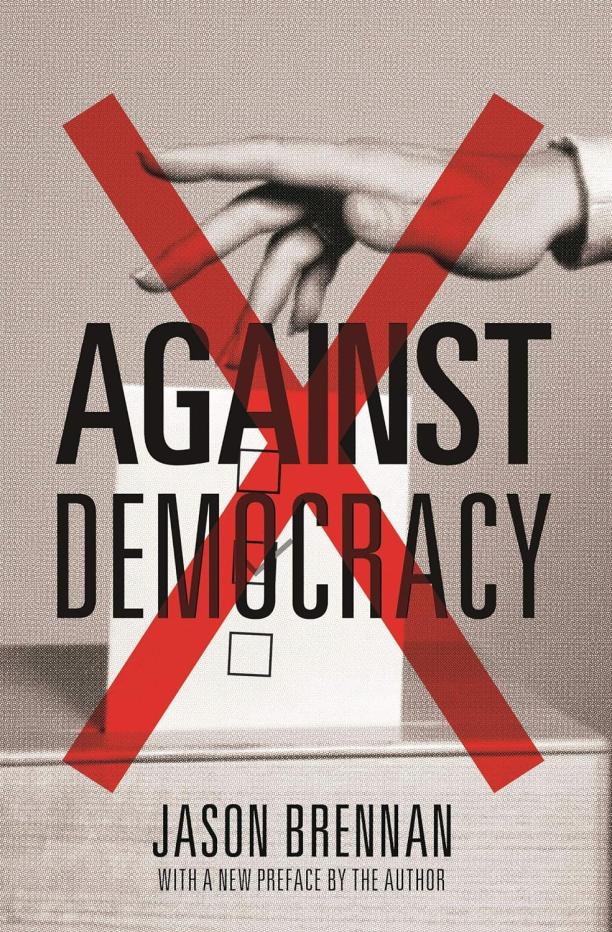
Against Democracy
New Preface
Jason Brennan
The book presents a critical examination of the democratic system, arguing that it often leads to suboptimal outcomes due to irrational and ill-informed voter behavior. It proposes an alternative "epistocracy," where political power is vested in the hands of the knowledgeable.
See full summary
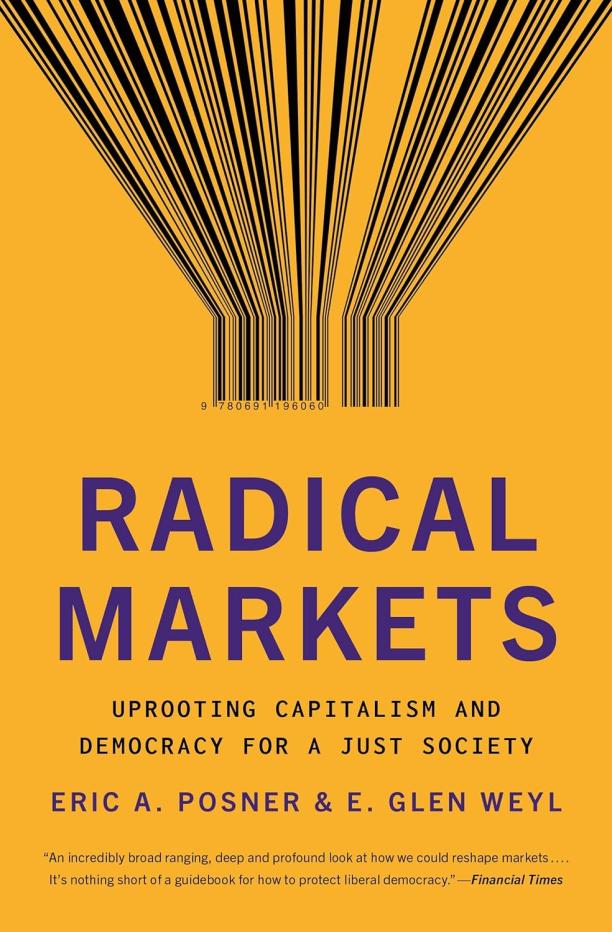
Radical Markets
Uprooting Capitalism and Democracy for a Just Society
Eric A. Posner|Eric Glen Weyl
The book presents a series of innovative and provocative economic reforms designed to reduce inequality, stimulate growth, and revitalize democracy. It introduces concepts like the Common Ownership Self-Assessed Tax (COST) on assets to encourage optimal use and a new voting system called Quadratic Voting to better reflect collective preferences.
See full summary